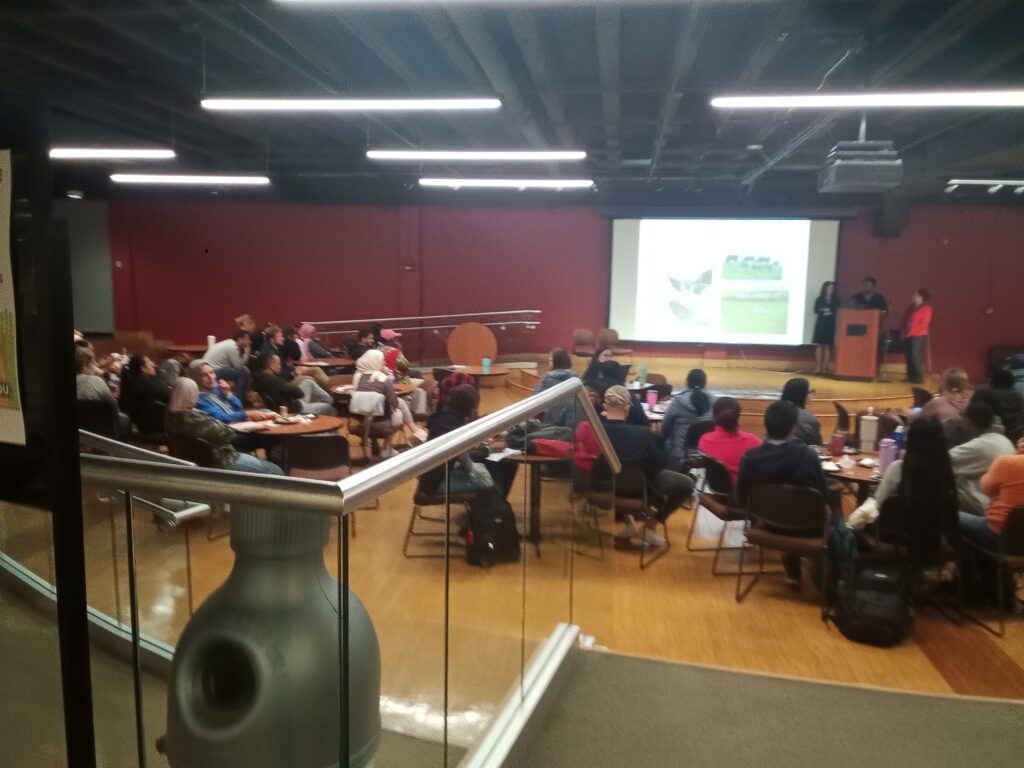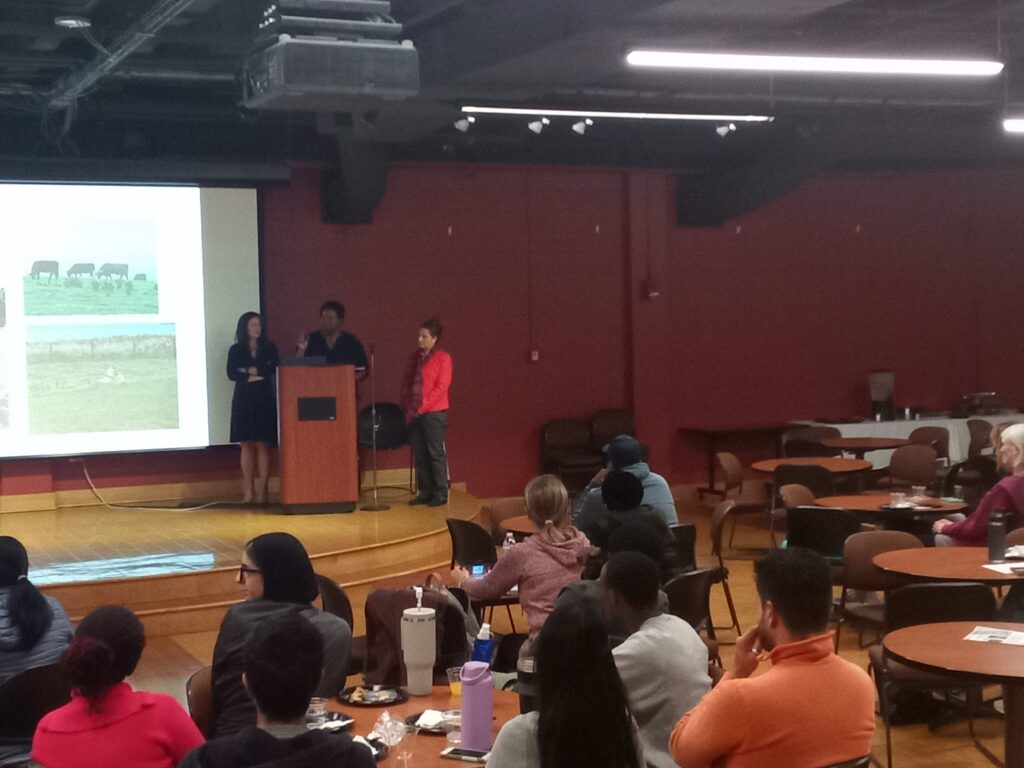This is a series meant to help everyone understand the world around them. That of which they can’t see by looking outside their window, but is still there nonetheless for others to see. For this month’s international series I was able to learn about Scotland from a group who ventured there last fall.
I was introduced to the topic by three lovely women, Korrin Ziswiler, Sahra Finch, and Furaha Henry-Jones. Each having brought their own respective interest and knowledge to contribute about Scotland.
The first person to introduce their outlook was Korrin Ziswiler, and her part was to talk about the specialty food, and geography of Scotland. The main places they visited were Inverness, Alness being coastal cities, and Dornoch being a coastal city with lots of rustic food as well as fish. Specifically a very traditional meal of Haggis which is a savory pudding containing sheep’s pluck, and a mix of vegetables.
Another part of the food journey there is that Scotland is the home of Scotch Whiskey. It is aged for at least two barrels before it’s allowed to be sold. The type of barrels that is used is often a great determiner of flavors, but peat is often used for smokey flavors.
Our founder David Sinclair was a part of a Scottish clan which was called the Sinclair clan. Our mascot comes from there as well, Tartan being that for the name of a plaid garment.
The next person who spoke was Sahra Finch, and she was very informed about the and shared the eco-friendly aspects of Scotland. Especially with actions that are normal there and shunned here. As well as talking about some of the green projects and restoration acts.

Finch described that there were clothes lines up to dry the clothes, and that was a normal practice there. If one would do something like that here a many times it is frowned upon by neighbors, HOA’s, and other neighborhood rules. Line drying however is cleaner and takes less energy than a dryer does. There’s a bigger sense of community in every way there, for they are even more willing to plant community gardens as well.
Mentioned before peat is used as a natural way to make Scotch taste smoky, but it’s an important environmental plant. The constant use and burning of peat has made peatlands more barren and flood easier. They also have less of a filter in their waters because the natural filter of plants has dwindled.
This is why a Thurso research center has set out to restore peatlands, as well as other environmental projects. Such as combating pharmaceutical pollution because it’s well known medicine leaks into our water and because of that there’s extra estrogen in the water. And other things like environmental sustainability, and renewable energy.
Furaha Henry-Jones was the last to speak and she talked about musical culture. As in the beginning there are many different kinds of bagpipes, but the main one you see is a “A phiob-mhor”. And that the bagpipe music is used in all celebrations, to government, to mourning in funerals.

The other part of the musical scene of Scotland is that the harp is a staple there, known to be played for since before the year 1000. They were made in pictish by the pict people. And their sound has captivated people since.
This is only a snapshot of the things in Scotland and its history. Hopefully this helps spur your desire to learn of the world. Maybe it’ll even make you want to travel to someplace like Scotland.
Faith Harrel,
Staff Writer


